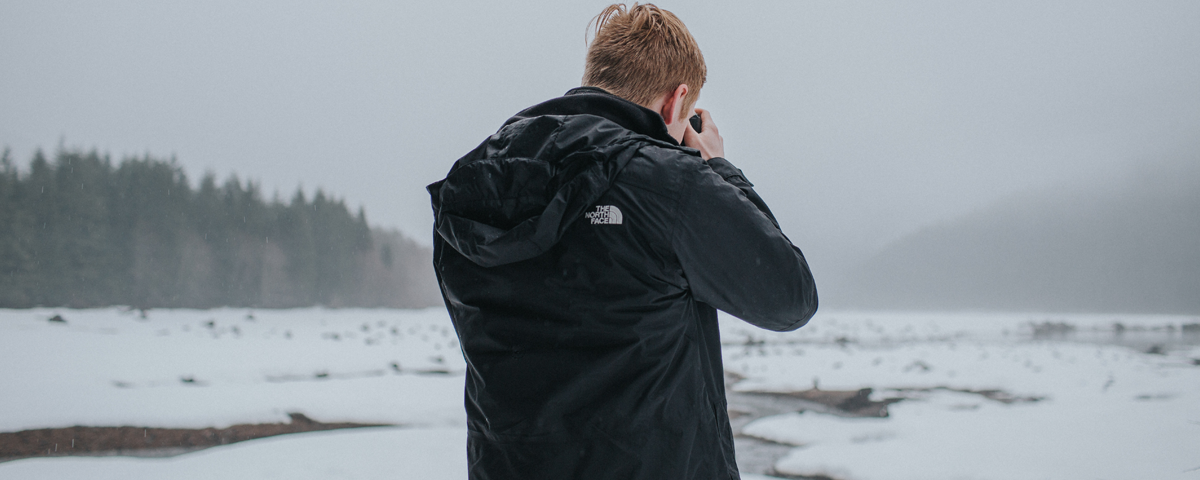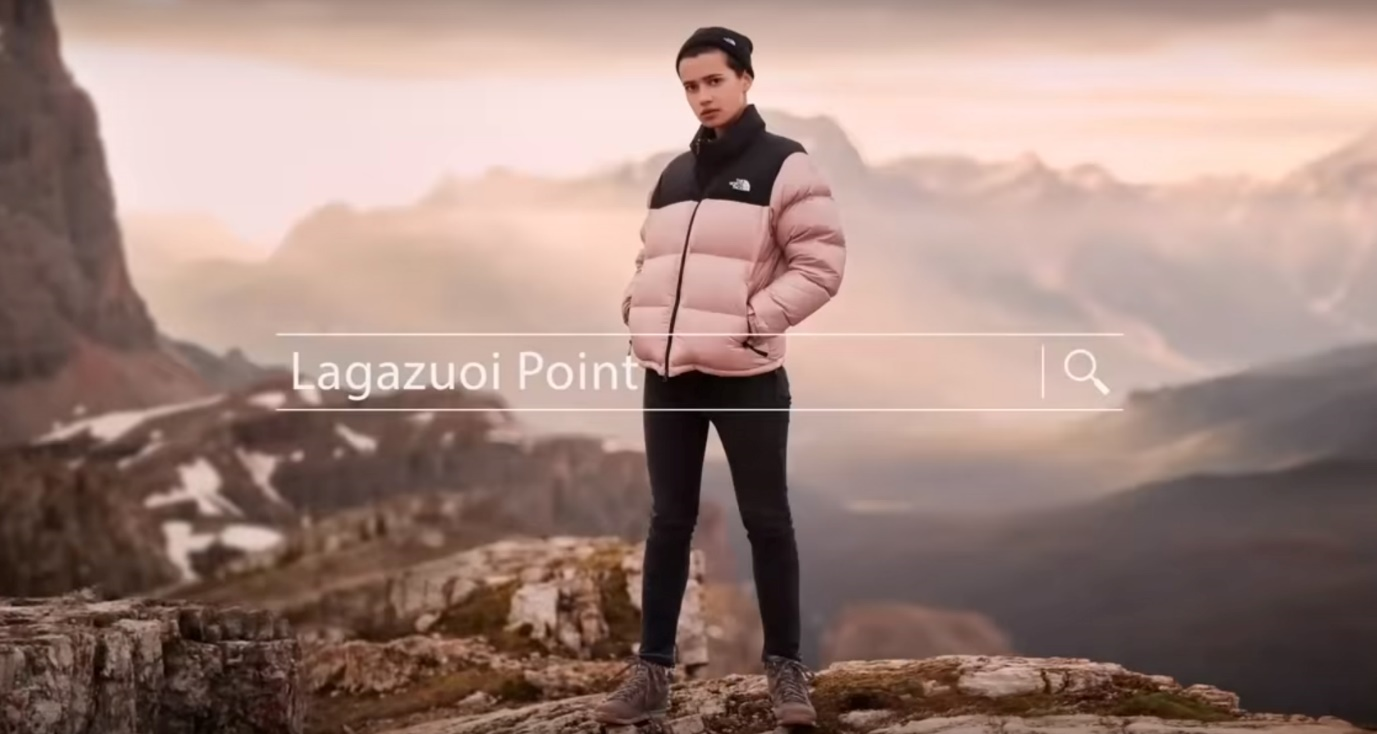Search on Wikipedia for the concept of ‘digital commons’ and you are told that it refers to “information and knowledge resources that are collectively created and owned or shared between or among a community and that tend to be non-exclusive, that is, be (generally freely) available to third parties”.
It is an idea that perhaps has its roots in the happier and hippier days of the 1960s when Stewart Brand founded the organic movement’s bible, the Whole Earth Catalog. Brand uttered the phrase “information wants to be free” at a 1984 conference and the idea of digital commons has been gaining currency ever since.
Many traditional ‘content creators’, such as photographers, artists, musicians and journalists, have questioned the central tenet of this idea ever since but the World Wide Web has ensured that Brand’s idea has really taken hold.
Yet at the very heart of the digital commons sits trust. Trust in the community that pulls these things together.
And it is this trust that outdoor clothing manufacturer The North Face has recently been testing severely.
The company’s ad agency Leo Burnett Tailor Made came up with a campaign called Top of Images. The agency had recognised that whenever people are thinking about adventure travel to iconic destinations around the world, they do a Google search. The first image that appears in the search results almost always comes from Wikipedia or its related online repository of ‘free-use’ images, sounds and other media, Wikimedia Commons.
What followed was a piece of classic guerrilla marketing. The agency hired photographers to take photos of several iconic destinations, such as Lagazuoi Point in the Italian Dolomites, the Cabo das Agulhas in South Africa, Huayna Picchu in Peru and The Storr in the Isle of Skye, but including adventurers wearing North Face-branded clothing in the foreground. They then uploaded these to Wikimedia Commons and edited the related Wikipedia pages.
In a company video (see below) it says “We hacked the results to reach one of the most difficult places: The top of the world’s largest search engine.”
As the company might have predicted, the “community” and Wikipedia’s owners, the Wikimedia Foundation, were not happy.
In a post, the foundation said, “What they did was akin to defacing public property… When The North Face exploits the trust you have in Wikipedia to sell you more clothes, you should be angry.”
The organisation adds that its volunteers have now “removed The North Face’s images (or cropped out the company’s logo) from all of the Wikipedia articles they were added to”.
Of course, just by my writing this post, I have perhaps been complicit in the aims of the company and its ad agency – to get the brand talked about online.
Whilst there will be plenty of opprobrium for The North Face, there will be plenty of marketers, both in travel and beyond, who will be thinking “Now why didn’t I think of that?”


